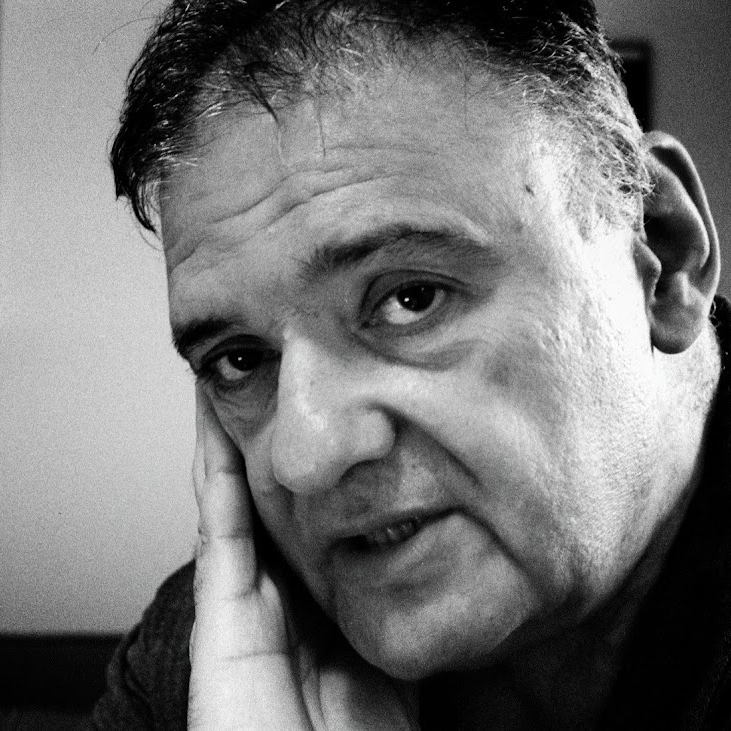Stone
translated from the Maltese by Ruth Ward
I’m a stone but at night I turn into a woman:
A face is born, arms and a pair of legs.
I go forth in the dark, as I need no light to make my way—
which I know well: through the breath
I exhale, inhale; the breath that
moves, moves me, lifts me
to that summit where no one approaches.
I alone can reach this place,
as only I can see it.
Ġebla
Jien ġebla, ’mma billejl ninbidel f’mara:
jitwieled wiċċ, dirgħajn u par riġlejn;
nimxi fid-dlam—m’għandix bżonn dawl biex nimxi
triqti magħrufa minn ġewwa—bin-nifs
li niġbed, bin-nifs li narmi, bin-nifs
li jiċċaqlaq, li jċaqlaqni, jeħodni
lejn dak l-imkien fejn ħadd aktar ma jersaq.
Jien biss nifhem dal-post għax jien biss nagħrfu.
Copyright © 2025 by Immanuel Mifsud. Originally published in Poem-a-Day on September 10, 2025, by the Academy of American Poets.
“Stone holds a vital and symbolic place on the island where I live. Owing to its smallness, we often refer to Malta as ‘the Rock,’ or even ‘the Stone.’ This connection runs deep—our prehistoric temples, some dating back to 3600 BC, are made of stone. History here is not only carved in stone but built from it. Even our traditional homes reflect this legacy. The poem celebrates stone not as lifeless material, but as a living presence—one that speaks, endures, and tells the enduring story of who we are.”
—Immanuel Mifsud
“The finest artisans select their materials meticulously. The process is an intimate one, as the artist looks and feels for signs, listens for whispers emanating from within—whether it be wood, metal, clay, or stone. Hints of stories, shadows of characters, desires—hidden for safekeeping—that might choose to emerge in their fullness when placed in just the right hands, hands that are trusted and skillful. As it is in art, so it is in life. How often we lie in wait, stifling our fiercest longings, hiding the lush complexity of our beauty amid the rubble of unhewn stone.”
—Ruth Ward

